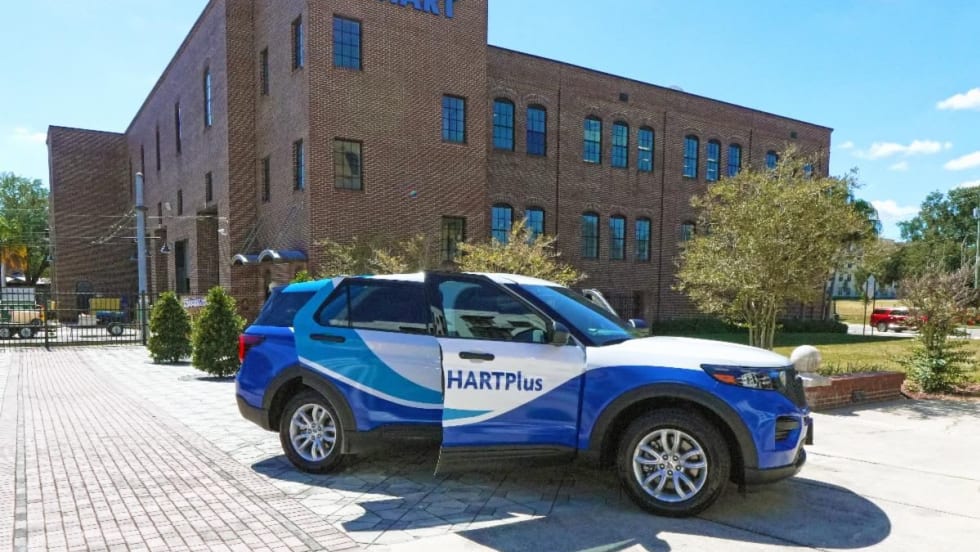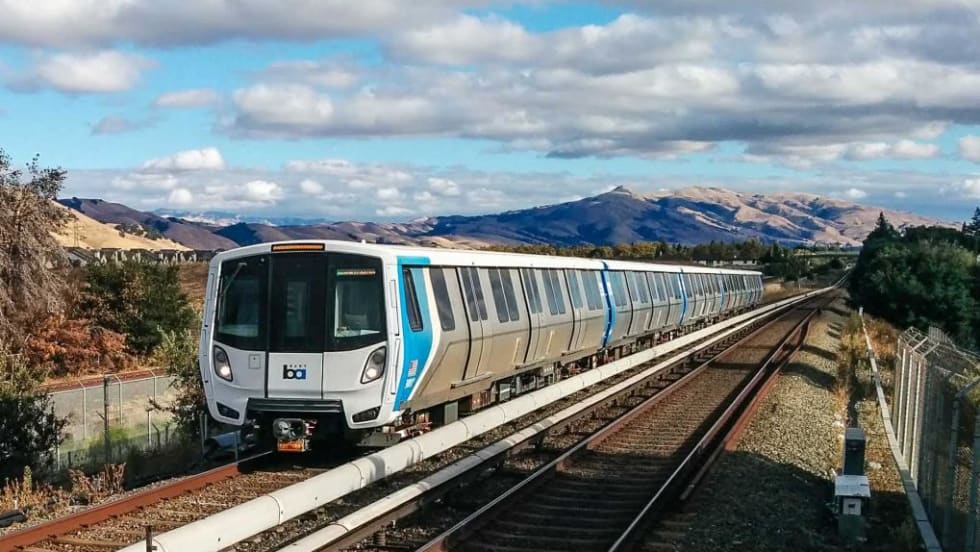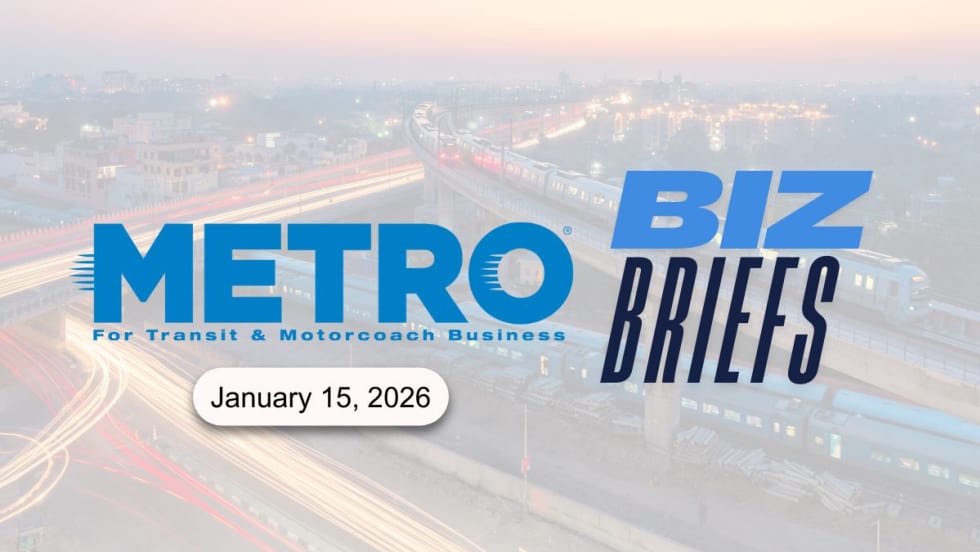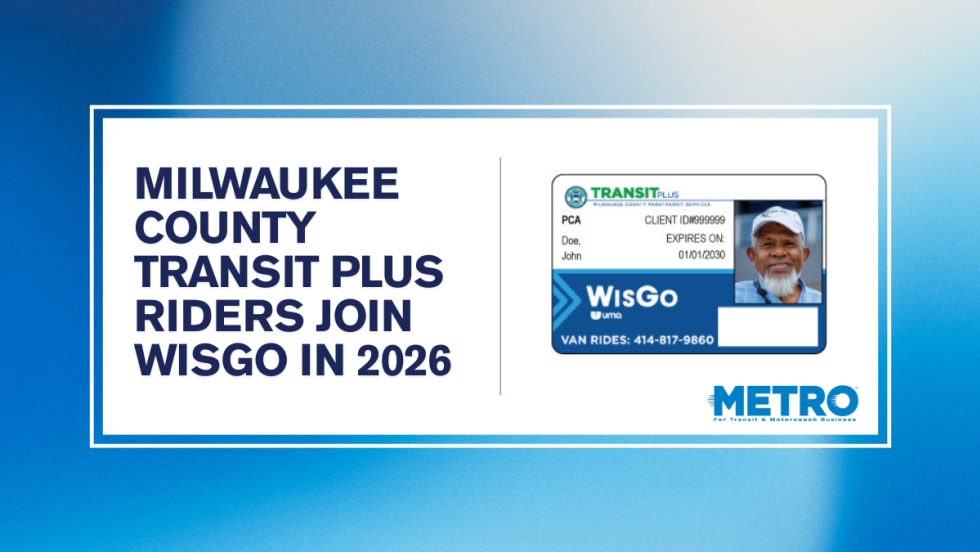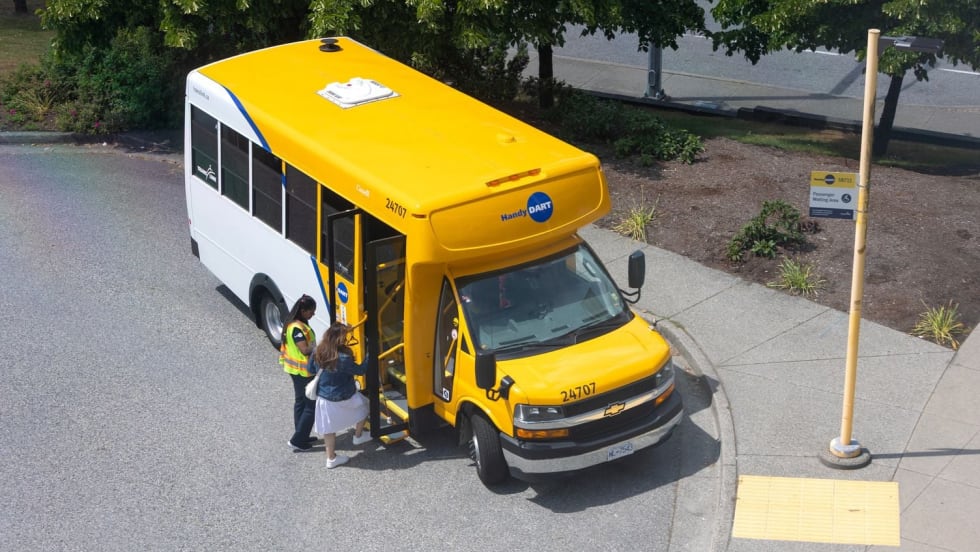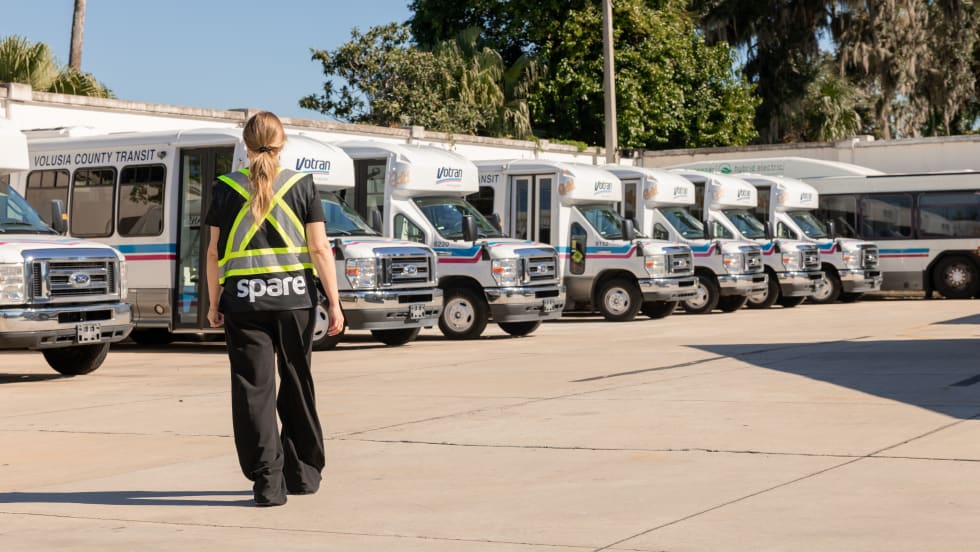The Denver Regional Transportation District (RTD) is trading out their traditional PC-category computers used by employees for a new technology called the “thin client.”
The thin client system saves all information to centralized servers, which eliminates the traditional hard drive.
To date, RTD’s Information Technology (IT) division has distributed 200 thin clients to employees, and plans to have a total of 800 up and running by the end of 2009.
With the thin client system, IT has decreased the time to deploy a new computer down to one hour and reduced the operational overhead from supporting traditional PCs by as much as 15 percent, with just the 200 thin clients that are now in operation.
Other benefits include the financial savings from improved system reliability and by not having to frequently replace the traditional desktops under the previous three-year leasing cycle.
The thin clients are also made of materials that are 90 percent recyclable; use one-tenth of the power of traditional PCs, reducing energy costs to power the devices over traditional PCs as well as costs to cool them in the summer months; weigh one-tenth of traditional PCs, reducing the costs and carbon emission to ship them; and have a life expectancy of more than eight years versus three to four years for a traditional PC.
This technology will eventually allow RTD to automatically and seamlessly migrate desktop virtual images onto fewer servers and automatically put the remaining servers “to sleep” after business hours to further reduce energy costs.




